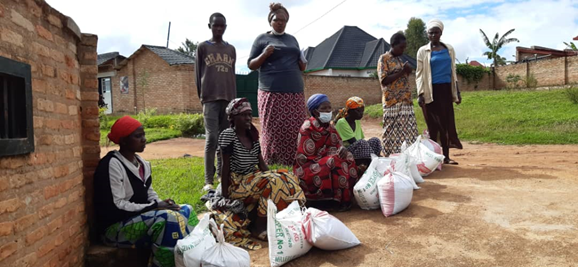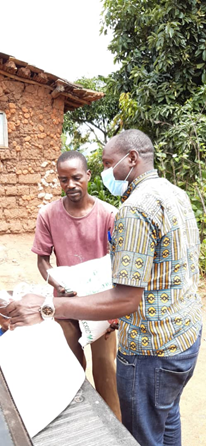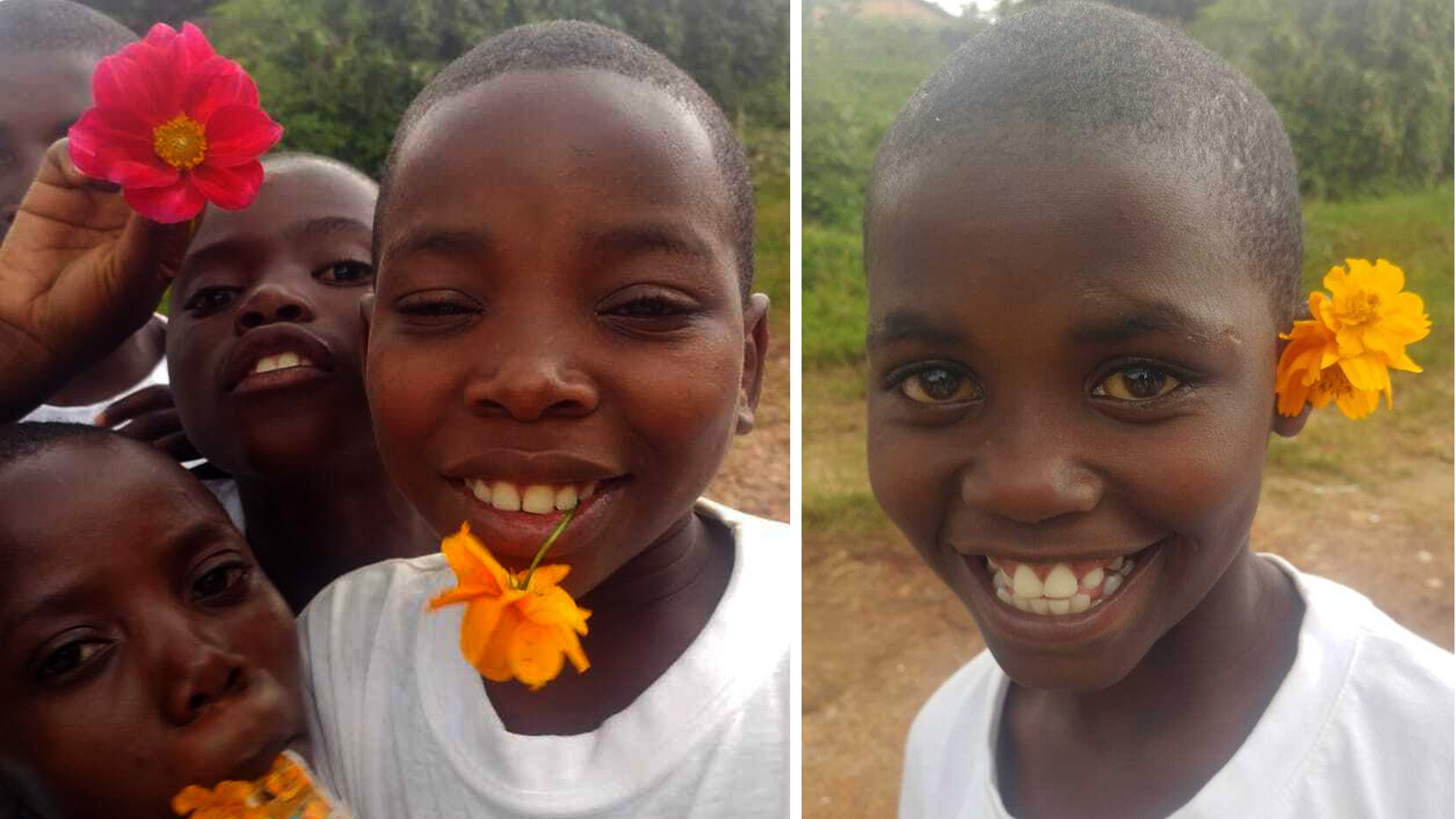Br. Ferdinand Biziyaremye
member of CIAMEL and Director of the Regional Community of Abidjan

The Delegation of Rwanda is part of the Lasallian Region of Africa and Madagascar (RELAF). It was founded in 1953 and currently contains the following 5 communities and 6 establishments.
- The De La Salle Community of Byumba in the North of the country with two establishments:
- A Teacher Training Centre (TTC De La Salle,) which is a training centre for primary school teachers;
- The De La Salle Academy, which includes nursery, primary and first level secondary education.
- The Community of Notre Dame des Pauvres, in Kisaro, also in the North of the country with one establishment, the Saint Jean-Baptiste De La Salle school, Kirenge. It too provides the three levels of education: nursery, primary and first level secondary.
- The Community of Saint Joseph, in Nyundo, which is in the West of the country near the border with the Democratic Republic of the Congo. It is engaged in the running of an Art School, which is the only one of its kind in the country.
- The Community of Saint Paul, in Rokomo, which is in the East of the country and is the formation house for the postulancy.
- The De La Salle Fraternity of Butare, located in the South of the country. Its mission is to run the INTIGANDA Centre, which is dedicated to working with street children, providing them with accomodation, education and reinsertion into social life in family and the professions.

During these days of the health crisis caused by the pandemic Covid-19, the INTIGANDA Centre has had to follow the order of the government and send some of its young boarders back to their families so as to avoid a massive contamination that might be caused by someone in the group being infected by the virus.

There are many causes that drive children to go to live on the streets, but the principal cause lies with the families. Many of these depend on small daily jobs for their living, but the virus-related shut down has stopped all that. Now there is a big risk that the children will have to go out onto the streets in great numbers. Indeed, there are signs that this is already happening. Since the Centre does not have sufficient means to help children remain in their families, they have to find kind donors to support some sixty families by giving them food (beans, flour, rice) and soap. The distribution of these supplies of food and hygienic materials is carried out by the staff of the Centre, who visit each and every family. The furthest family from the Centre is 133 km from Butare, the town where the INTIGANDA Centre is situated. We can confirm that for this year the centre is supporting 166 children in primary and secondary classes and in professional education. Of these, 57 are boarders in the Centre and the others attend from home.



